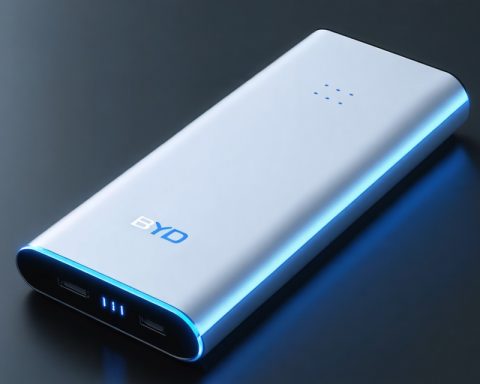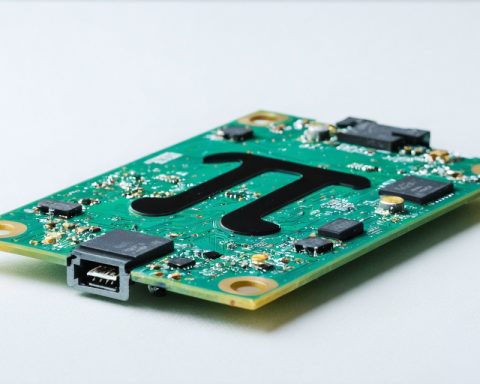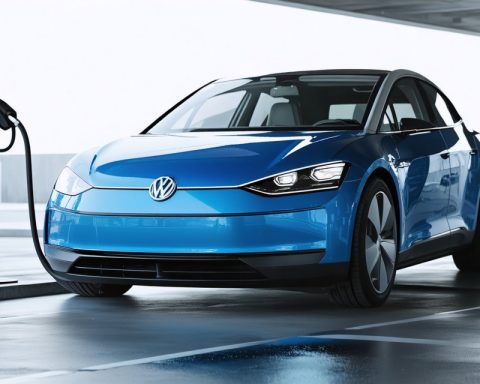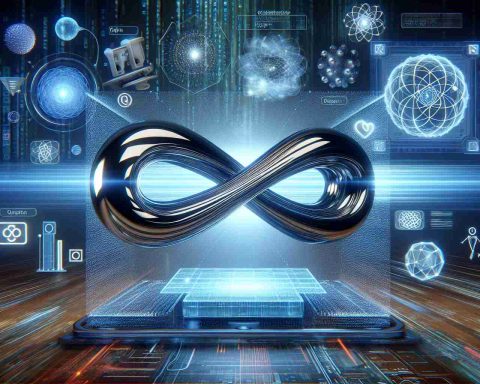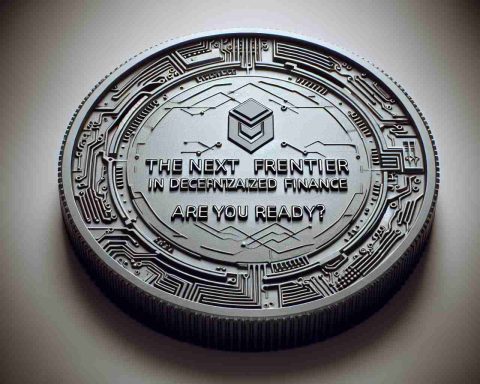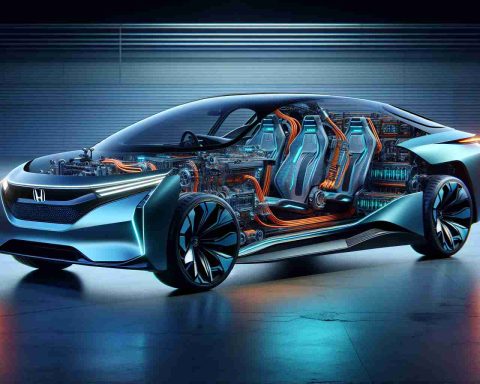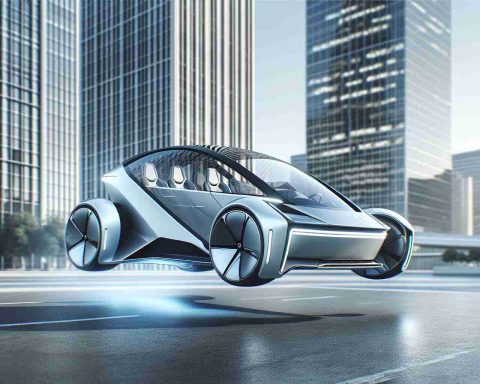- Honda focuses on solid-state batteries to revolutionize electric vehicles and improve energy storage.
- New solid-state technology promises faster charging times and improved range compared to lithium-ion batteries.
- Honda aims to double the range of current EVs by the late 2020s, with potential expansion to 2.5 times by the 2040s.
- Mass production testing of these batteries starts in January 2025 at Honda’s pilot line in Tochigi.
- The initiative will increase the convenience and accessibility of electric vehicles for consumers.
- Competing companies like Toyota and Nissan are also developing solid-state battery technology, contributing to rapid advancements in the field.
- Honda aims to lead in delivering sustainable and powerful electric mobility through this innovation.
Honda accelerates towards an electrified future, unveiling its groundbreaking journey toward revolutionizing electric vehicles with the development of solid-state batteries. In a bid to reshape the automotive world, these innovations promise to spearhead the evolution in energy storage, offering unparalleled safety and enhanced energy density.
Imagine cutting your electric car’s charging time to mere minutes or doubling its driving range without increasing battery size. Honda envisions this reality with its solid-state battery prototypes, boasting a potential to outpace current lithium-ion technology. By the late 2020s, Honda aims to achieve a dramatic transformation: range capabilities double those of today’s standards and a vision to expand them to 2.5 times by the 2040s.
In pursuit of these advancements, Honda has set its sights on January 2025, when it begins testing mass production in its newly established pilot line in Tochigi. Utilizing insights from its experience with solar and fuel cells, Honda integrates cutting-edge manufacturing processes to bring these high-performance batteries to market faster.
This innovation isn’t just about technical feats; it’s about consumer empowerment. While the grand ambitions target extended-range vehicles, the benefits will eventually trickle down to a broader spectrum of electric vehicles, enhancing convenience and accessibility.
As industry giants like Toyota and Nissan also enter the solid-state race with projections of their own revolutionary models by the late 2020s, the question remains: who will first bring this transformative technology to the masses? For now, Honda stands poised at the forefront, ready to redefine the electric vehicle landscape and usher in a new era of sustainable, powerful mobility.
Will Solid-State Batteries Revolutionize the Electric Vehicle Market?
How Solid-State Batteries Work and Their Advantages
Solid-state batteries differ from traditional lithium-ion batteries by utilizing a solid electrolyte instead of a liquid one. This switch offers numerous advantages. Most notably:
– Improved Safety: Solid electrolytes reduce the risk of leaks and fires, common issues in liquid electrolyte batteries.
– Higher Energy Density: They can store more energy in a smaller space, thus potentially doubling the range of electric vehicles without increasing battery size.
– Faster Charging Times: They have the potential to significantly reduce charging times to just a few minutes.
A comprehensive understanding of the operational mechanics and advantages of solid-state batteries would answer potential consumer inquiries about why they are considered game-changing.
Real-World Use Cases
Electric vehicle (EV) companies are eagerly investigating solid-state technology to address customer demands for greater range and quicker charge times. For instance, solid-state batteries are seen as ideal for:
– Evoking enhanced vehicle performance: Higher energy density allows for longer travel distances.
– Improving safety in EVs: Decreased risk of thermal runaway incidents solidifies consumer confidence.
Beyond automobiles, potential applications extend to wearable electronics, drones, and renewable energy storage systems.
Market Forecasts and Industry Trends
Aligned with Honda’s projections, the solid-state battery market is expected to grow significantly in the coming decades. According to market analysis by Allied Market Research, the global solid-state battery market could be worth over $3 billion by 2027.
Honda’s establishment of a pilot production line by 2025 signals a sharp focus on scaling production to meet anticipated market demand. This timing is crucial as Toyota, Nissan, and other competitors aim for similar breakthroughs in the near future.
Reviews and Comparisons
Comparative studies between solid-state and lithium-ion batteries often highlight the superiority of the former in terms of safety and energy density. Yet some challenges persist, including:
– High Production Costs: Current costs remain high, though economies of scale and technological breakthroughs are likely to bring these down over time.
– Material Challenges: Solid-state batteries require specific materials which can be rare or difficult to process.
Controversies and Limitations
The primary controversy surrounding solid-state batteries is centered around these challenges:
– Scalability Issues: Reliable mass production methods are still in development.
– Cost Concerns: Critics argue that without substantial cost reduction, widespread adoption may be delayed.
Security and Sustainability
From an environmental standpoint, solid-state batteries offer a more sustainable option due to:
– Potential for more efficient recycling: Unlike lithium-ion batteries, which are harder to recycle safely.
– Optimized lifecycle: Greater longevity reduces the frequency of battery replacements.
Pros & Cons Overview
Pros:
– Enhanced safety and lower risk of fire.
– Higher energy density potentially doubling EV range.
– Faster charging times.
Cons:
– High initial production costs.
– Technical complexities related to large-scale manufacturing.
Actionable Recommendations
– EV Consumers: When purchasing an EV, inquire about the types of batteries used and future upgrade potentials.
– Investors: Consider supporting companies with solid-state battery innovation initiatives, as they may lead the future wave of energy storage tech.
Conclusion
As Honda accelerates the development of solid-state batteries, it stands at the cusp of a pivotal evolution in the EV industry. This technology has the potential to redefine vehicle performance and consumer expectations, emphasizing the need for rapid advancements in production capabilities. Overall, while challenges remain, the promise of solid-state technology makes it a critical focus area in automotive and energy revolution.
For more on emerging technologies in the automotive industry, visit Honda.

